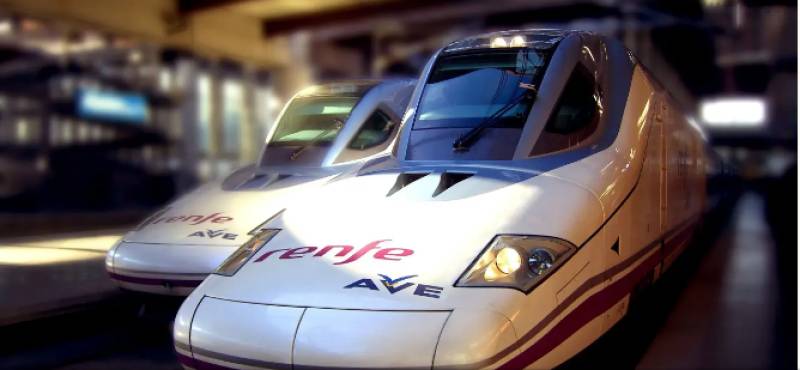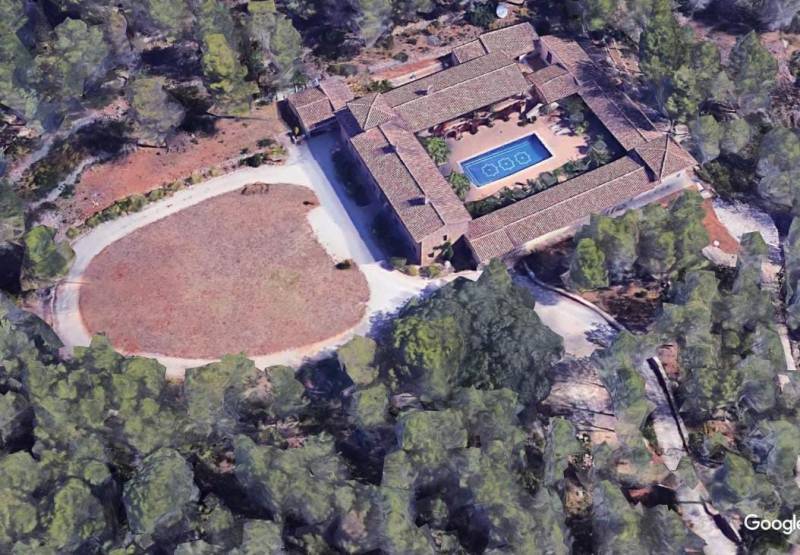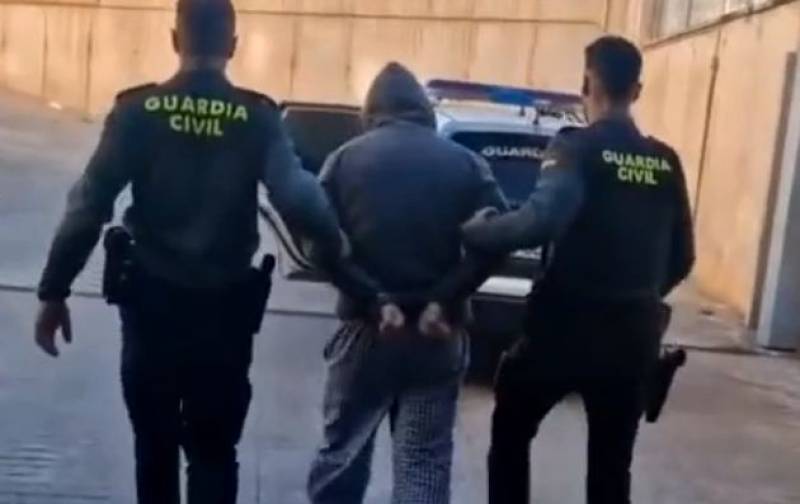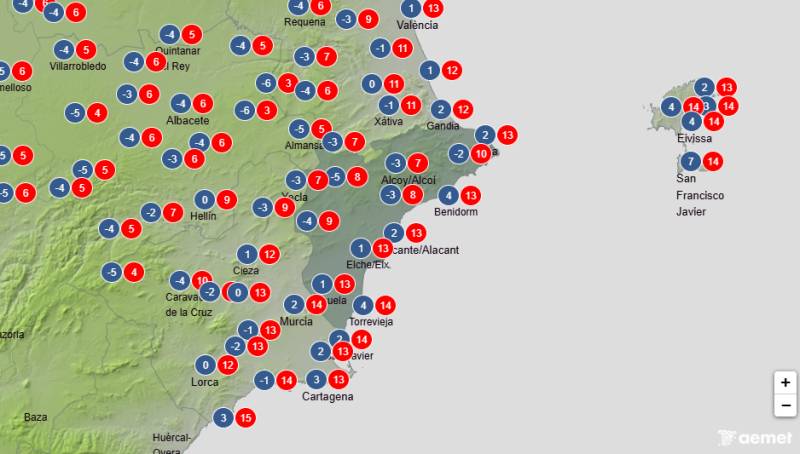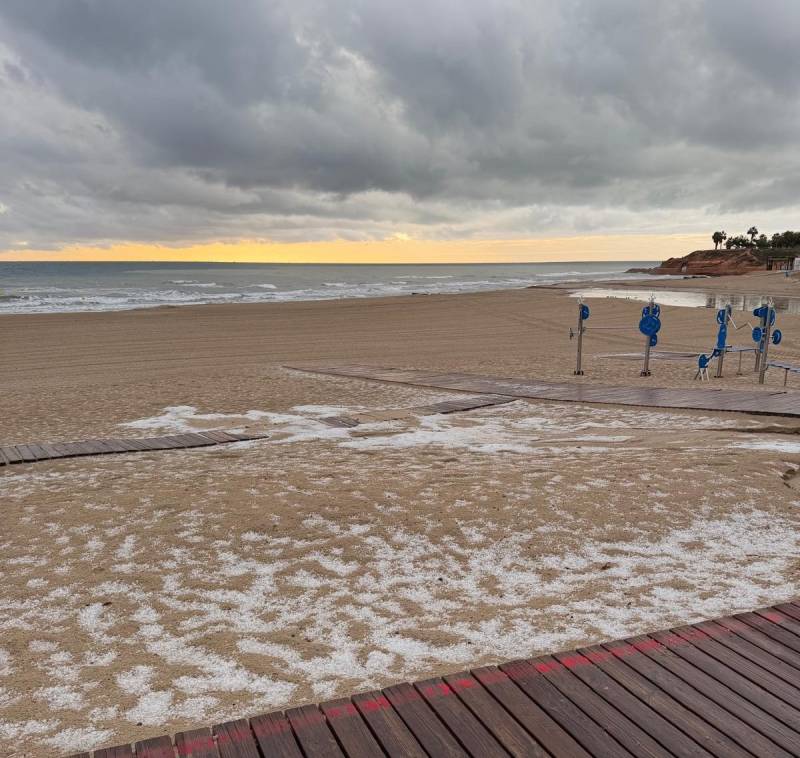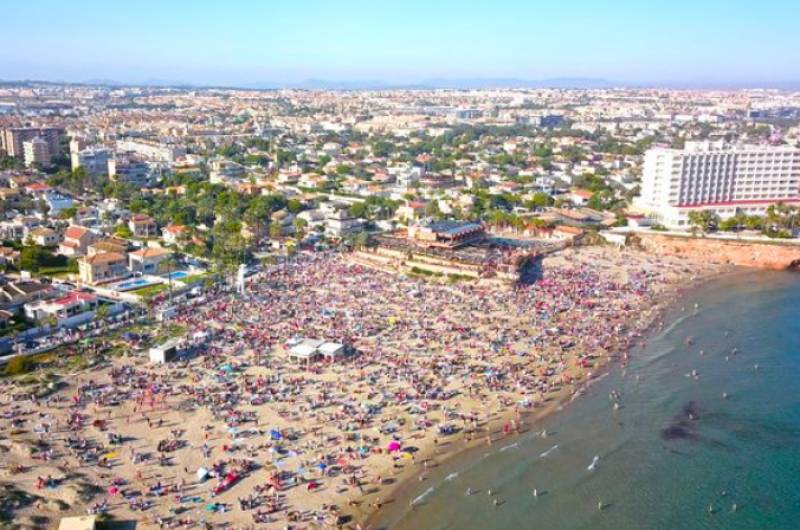- Region
- Vega baja
- Marina Alta
- Marina Baixa
- Alicante
- Baix Vinalopo
- Alto & Mitja Vinalopo
-
ALL TOWNS
- ALICANTE TOWNS
- Albatera
- Alfaz Del Pi
- Alicante City
- Alcoy
- Almoradi
- Benitatxell
- Bigastro
- Benferri
- Benidorm
- Calosa de Segura
- Calpe
- Catral
- Costa Blanca
- Cox
- Daya Vieja
- Denia
- Elche
- Elda
- Granja de Rocamora
- Guardamar del Segura
- Jacarilla
- Los Montesinos
- Orihuela
- Pedreguer
- Pilar de Horadada
- Playa Flamenca
- Quesada
- Rafal
- Redovan
- Rojales
- San Isidro
- Torrevieja
- Comunidad Valenciana
article_detail
Date Published: 15/09/2022
ARCHIVED - Feral felines: Benidorm divided over growing stray cat populations
Almost 2,000 cats live on the streets in the Marina Baixa resort, Alicante – popular with tourists but a problem for the Town Hall
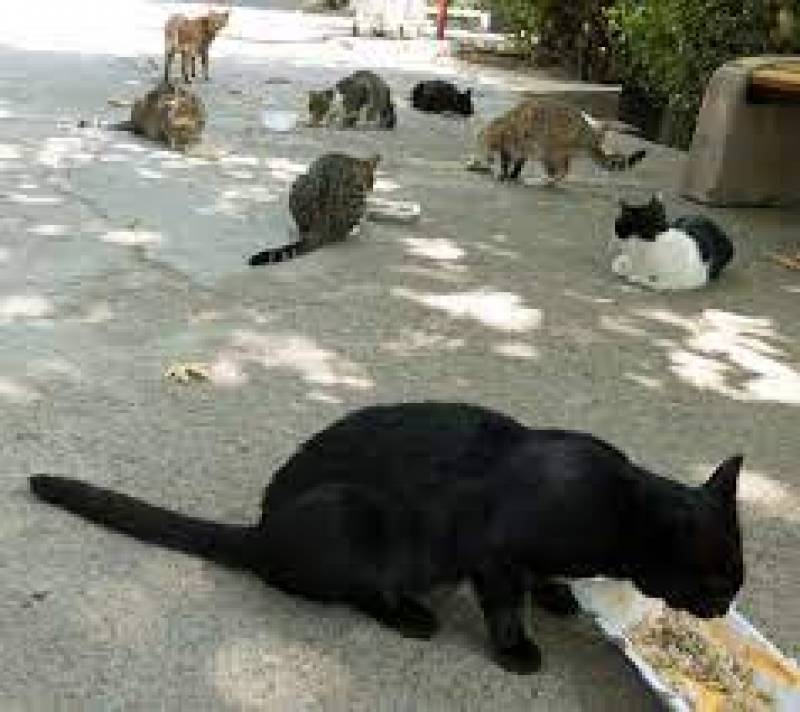
Despite annual sterilisation campaigns, the proliferation of feral cats in Benidorm has reached concerning levels, with around 1,800 stray felines estimated to have colonised across the resort, tucked away in parks, close to residential areas.
Whilst the tabbies prove popular with tourists, who regularly take photos and feed the cats and kittens, the growing populations year on year are creating a serious problem for the local council which in recent years, has been unable to curb the increase in cat colonies despite sterilisation efforts.
According to data from the Town Hall, the number of wild felines living on the street in Benidorm is increasing every day.
Field work carried out by technicians contracted by the council has identified up to 39 colonies distributed throughout all areas of Benidorm – Levante, the centre and Poniente – which totals approximately 900 specimens.
However, municipal sources believe the figure, in reality, is twice that, taking into account the difficulty in carrying out this type of study and that there are colonies within private properties that the technicians cannot access.
The figure is notably higher than two years ago, when a similar count showed 34 colonies made up of some 800 animals; in other words, five nuclei and 100 fewer cats than at present, without taking into account the felines that evade this type of control.
Also read: Catland—the charity cat shelter being built in Javea that local politicians are refusing to fund
Benidorm's Councillor for Health and the Environment, Mónica Gómez, acknowledged that the increase in cat colonies is indeed a "major problem in some areas of the town", mainly because in most cases, where there is one of these nuclei, "there are bad smells, complaints and neighbourhood clashes".
Their presence is also attributed to an increase in rodents, fleas and other insects.
"There are many people who probably act with good intentions, but who violate the Environmental Ordinance, which strictly prohibits feeding animals on public roads: cats, pigeons, etc.," said Gómez, who added that "the problem is aggravated when what is offered to the animals is not food but leftover food, which attracts other animals that are much more unpleasant than cats".
And 'offenders' face penalties. In Benidorm, feeding stray animals or depositing food on the public highway for wild cats is considered a minor offence, with fines of 150 euros. However, the accumulation of fines can lead to a much higher sanction, "which is feasible given that the people who carry out this practice usually do so on a regular basis", according to the health councillor.
In the last 12 months, Benidorm Council has imposed "several" sanctions for feeding street cats, said Gómez, but she was unable to specify the exact number. Soaring wild cat populations have also led to the deliberate poisoning of the animals. Back in March, a Benidorm street cat volunteer was forced to pay for a police report after a colony was poisoned.
Over the next few days, a new cat sterilisation campaign will begin in the municipality, The Town Hall has allocated 18,600 euros, 12,360 funded through a grant from Alicante Provincial Council of Alicante to sterilise 240 cats.
As in previous years, the animals will be captured, taken to one of eight collaborating veterinary surgeons, sterlised and reintroduced back into the same colony.
"All the cats are given a health examination, worming and anti-rabies vaccination," explained Gómez, who also thanked "private individuals who also sterilise some stray cats with their own funds to prevent them from continuing to reproduce".
The councillor appealed for the "cooperation" of those people who feed colonies of stray cats, contrary to the by-laws, and said she hoped that this and other measures would allow the stray cat population "to stabilise and cease to be a problem that could potentially affect public health in a few years time".
In other news: Dog dies in scorching car in Spain while owners have lunch
Image: Wikimedia Commons
staff.inc.ali
Loading
Sign up for the Spanish News Today Editors Roundup Weekly Bulletin and get an email with all the week’s news straight to your inbox
Special offer: Subscribe now for 25% off (36.95 euros for 48 Bulletins)
OR
you can sign up to our FREE weekly roundup!
Read some of our recent bulletins:
Discount Special Offer subscription:
36.95€ for 48 Editor’s Weekly News Roundup bulletins!
Please CLICK THE BUTTON to subscribe.
(List price 3 months 12 Bulletins)
Read more stories from around Spain:
Contact Murcia Today: Editorial 000 000 000 /
Office 000 000 000















